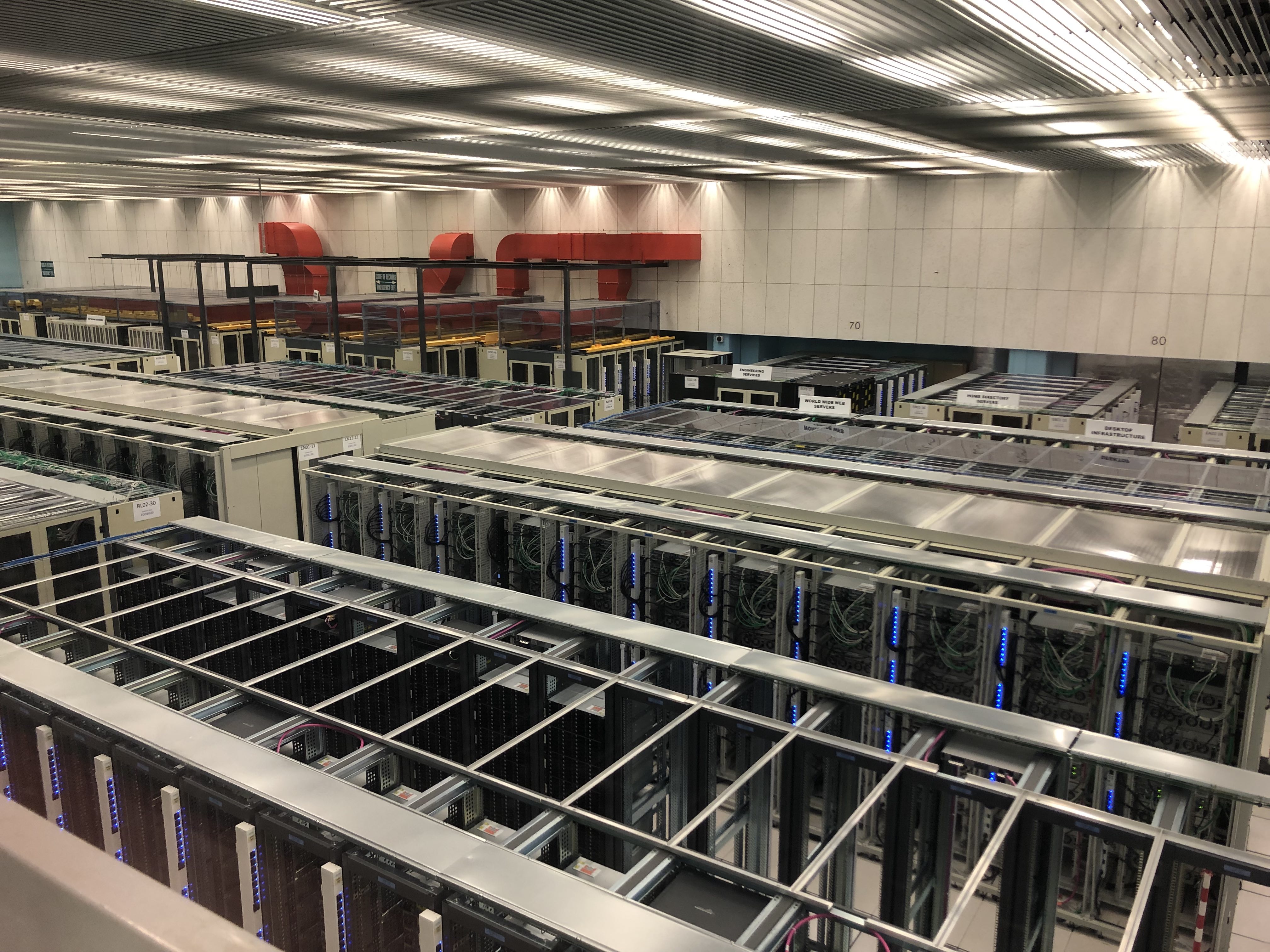
This is a media theoretical class. We are going to discuss a recent discursive and technological phenomenon. Somehow, everyone seems to be striving for “digital sovereignty” now. But what does this discursive practice mean, and how should we understand the interpretative flexibility of the term? Pleas for digital sovereignty respond to the intransparent and uneven distribution of agency and power in digital mediations. The debate has so far been mapped in the the fields of “Cyberspace Sovereignty,” “Digital Sovereignty, Governments and States,” “Indigenous Digital Sovereignty,” “Social Movements and Digital Sovereignty,” and “Personal Digital Sovereignty.” (Couture/Toupin 2019: 2310). The seminar takes this mapping as a praxeological starting point, and will involve several guest lectures. Be prepared for an intense class with a lot of interdisciplinary readings, both in English and German.
Amoore, Louise. Cloud Ethics. Algorithms and the Attributes of Ourselves and Others. Durham; London: Duke University Press, 2020.
Couture, Stephane, and Sophie Toupin. “What Does the Notion of ‘Sovereignty’ Mean When Referring to the Digital?” New Media & Society 21, no. 10 (October 1, 2019): 2305–22. https://doi.org/10.1177/1461444819865984.
Vogl, Joseph. Der Souveränitätseffekt. Berlin; Zürich: Diaphanes, 2015.
- Dozent/in: Sebastian Gießmann
- Dozent/in: Daniel Robert Tipping
- Dozent/in: Katharina Zimmer-Lachmann